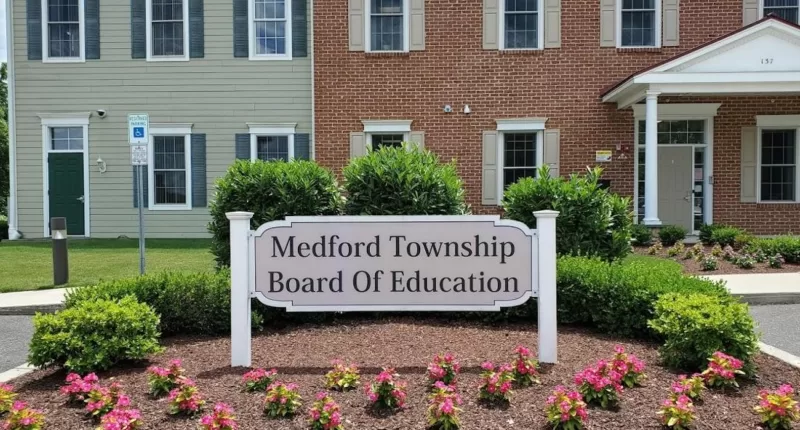A bill that was presented in the Senate of New Jersey would establish a pilot program to investigate the viability of establishing regional school districts.
Legislators in New Jersey have presented a novel bill with the potential to drastically alter the state’s educational system. Sen. Vincent Polistina, a Republican, is the sponsor of Senate Bill 3266, which was submitted earlier in May and aims to create a state-funded pilot program to investigate the viability of establishing regional school districts throughout the Garden State. Since then, the Senate Education Committee has been tasked with reviewing the bill in more detail.
In the event that this law is approved, a program to investigate the feasibility of merging smaller, underfunded K–8 and 9–12 school districts into bigger, more effective K–12 regional school districts will be launched. This study’s main goal is to evaluate the possible effects on district finances and educational outcomes.
There would be two main phases to the proposed pilot program: a one-year planning stage and a five-year implementation stage. Three pilot locations, one in each of North Jersey, Central Jersey, and South Jersey, would be chosen to take part during the planning phase. Up to $50,000 in state grants would be available for certain sites to help with planning and feasibility studies.
The proposal’s inclusion of local communities in the decision-making process is an important feature. The measure states that voter approval in a special election would be necessary to proceed from the planning to the implementation stage. This guarantees that the areas that would be impacted by any significant changes to school district arrangements would support them.
The project expands on the state’s recent attempts to fund studies on regionalization. Grants totaling $470,000 were given earlier this year by New Jersey for comparable research. The funds were intended for the Union Township school district in Hunterdon County, Belvidere, and two regional high schools in Sussex and Gloucester counties.
Regionalization proponents contend that by lowering expenses for administration, manpower, and transportation, merging smaller districts can result in significant cost savings. They argue that these savings might subsequently be put toward improving student services and educational initiatives. Regionalization is seen as a calculated tactic to better manage public spending, officials told the New Jersey Monitor.
Creating regional education districts has advantages that go beyond just being economical. Proponents contend that larger, merged districts could provide kids with an enhanced learning environment by providing a wider range of educational options and resources. Regional districts may be better able to offer advanced curriculum, extracurricular activities, and specialized support services—things that smaller districts frequently find difficult to sustain—by pooling their resources.
Education professionals, parents, and legislators will be keeping a careful eye on this bill as it advances through the legislative process. Senate Bill 3266’s outcome might establish a standard for other states facing comparable difficulties in their educational systems. This project is a big step toward finding creative ways to improve the effectiveness and caliber of public education in New Jersey.
The planned NJ School Districts Merger Program is a progressive move toward resolving the state’s educational system’s funding and resource allocation issues. The goal of New Jersey’s efforts to provide all of its kids with a top-notch education is to make a more viable and efficient model by taking into account the merging of local school districts into larger regional organizations.





